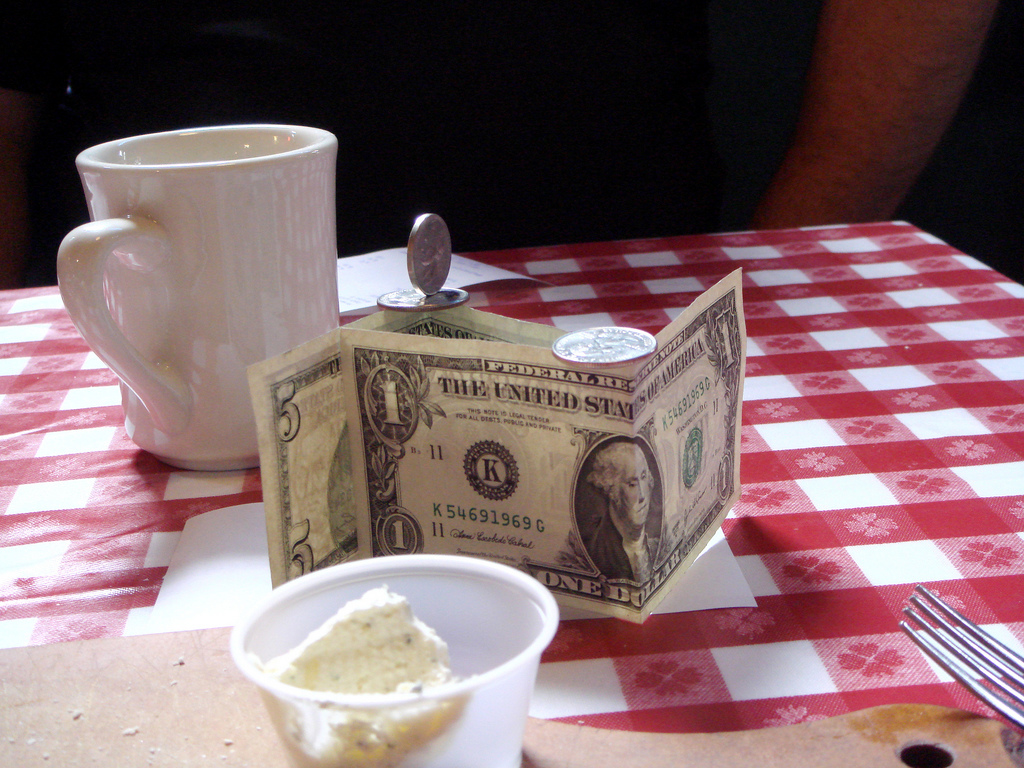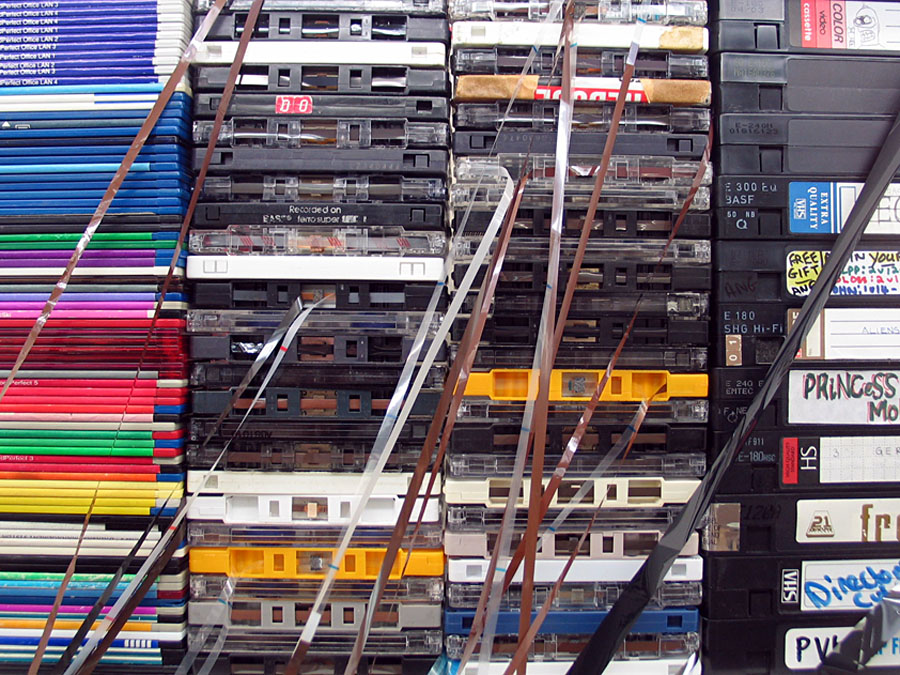The new patron economy and its impact on events-Part 2
We are increasingly moving into a patron economy. This impacts events.
I believe we are moving inexorably towards a time that is similar in some ways to an era in our past—a time when content creation will be supported largely by the subsidy of patrons.
—from Part 1 of this post
We are returning to a patron economy
In Part 1 of this post, I explained why I believe we are returning to a patron economy.
Luckily, there are a lot more patrons now than there were when Mozart and Beethoven eked out a living via the largesse of nobility and the wealthy. These days, when you tip generously in a restaurant, donate to worthy causes or volunteer, you are a patron. Once we’ve satisfied our core needs, our desires to create and share remain. These desires, decoupled from financial reward, are now easier for many to fulfill than they’ve ever been.
How will this future affect the world of events? Events have always relied to some degree on the contributions of volunteers. For example: family members at a wedding, conference advisory board members, and student interns. As emphasis shifts from content to connection at face-to-face events, the contributions of enthusiastic volunteers become increasingly important. Even a few true fans can make a dramatic difference to an event.
The new event patrons
I’m writing this just after attending a four-day, 500-attendee association conference where key participatory sessions were facilitated or led by twenty enthusiastic volunteers.
Hiring professional facilitators to lead these sessions would have been very expensive. The volunteers received branded fleece jackets, a reduced event fee, and public acknowledgment of their contributions. No extra lodging or travel expenses had to be paid because the volunteers were already attending the conference.
In addition, hiring professional facilitators to lead sessions would have been a far less satisfactory experience for attendees because outside facilitators would not have had the substantial subject matter expertise and experience that the volunteers possessed. I sat in on some of the sessions, and an outside facilitator would not have been able to understand, let alone guide, the discussions because of the considerable professional knowledge taken for granted as the basis for discussion by the participants.
Volunteers are the new patrons
When I think back, I realize that none of the conferences I’ve organized over the last twenty years would have been possible without the significant contributions of volunteers. Think about the events you’ve organized—how true is this for you? As we move towards more participative and participant-driven sessions at events, the role of volunteers will become increasingly important. Your volunteers are your new patrons—ignore them at your peril!
Photo attribution: Flickr user cali2okie


